How to Become a Kitchen Designer: Education and Career Roadmap
If you have a passion for interior design and a love for cooking and entertaining, becoming a kitchen designer may be the perfect career path for you. Kitchen designers are responsible for creating functional and aesthetically pleasing kitchen spaces for their clients. They work closely with architects, contractors, and homeowners to design and plan every aspect of a kitchen remodel or new construction project. If you're interested in pursuing a career as a kitchen designer, here are the education requirements you'll need to meet.
1. Get a High School Diploma
The first step to becoming a kitchen designer is to complete your high school education. While in high school, take courses in art, design, and math, as these will all be important skills for a kitchen designer. You can also gain experience by taking on design projects for friends and family or working part-time at a design firm.
2. Earn a Bachelor's Degree in Interior Design or a Related Field
While a specific degree in kitchen design is not required, most employers prefer candidates with a bachelor's degree in interior design, architecture, or a related field. These programs typically take four years to complete and provide students with a strong foundation in design principles, color theory, and CAD software.
3. Gain Experience Through Internships or Apprenticeships
Many interior design programs require students to complete internships or apprenticeships as part of their degree requirements. These opportunities allow you to gain hands-on experience in a professional setting and build your portfolio, which will be essential when applying for jobs as a kitchen designer.
4. Develop Technical Skills
As a kitchen designer, you'll need to have a strong understanding of technical skills, including computer-aided design (CAD) software, 3D modeling, and building codes and regulations. It's essential to continually develop and improve these skills to stay on top of industry trends and advancements.
5. Consider Certification
While not required, obtaining certification can demonstrate your knowledge and skills as a kitchen designer and make you more competitive in the job market. The National Kitchen and Bath Association (NKBA) offers the Kitchen and Bath Design Certification (AKBD) and the Certified Kitchen Designer (CKD) designation.
6. Stay Up-to-Date on Industry Trends
The design industry is constantly evolving, and it's crucial to stay current on the latest trends and techniques. Attend trade shows, conferences, and workshops to learn about new products and technologies, and network with other kitchen designers.
7. Build a Portfolio
Your portfolio is a visual representation of your work and skills as a kitchen designer, and it's essential to have a strong one when applying for jobs. Include a variety of design projects, including kitchen remodels, new construction, and any other relevant work you've done.
8. Gain Experience in Sales and Customer Service
As a kitchen designer, you'll also be responsible for working with clients, managing budgets, and selling your design ideas. It's essential to have strong sales and customer service skills to be successful in this role, as you'll need to communicate effectively and build relationships with clients.
9. Consider Specializing in Kitchen Design
While many interior designers work on a variety of projects, you may want to consider specializing in kitchen design to set yourself apart in the industry. This can help you develop a niche and establish yourself as an expert in the field.
Additional Education and Training for Kitchen Designers

Specialized Courses and Certifications
 In addition to formal degrees, there are various specialized courses and certifications available for kitchen designers to further enhance their skills and knowledge. These courses cover topics such as kitchen layout and design, materials and finishes, and the latest kitchen design trends. Some organizations, such as the National Kitchen and Bath Association (NKBA), also offer certification programs for kitchen designers. These certifications not only demonstrate a designer's expertise but also allow them to network with other professionals in the industry.
In addition to formal degrees, there are various specialized courses and certifications available for kitchen designers to further enhance their skills and knowledge. These courses cover topics such as kitchen layout and design, materials and finishes, and the latest kitchen design trends. Some organizations, such as the National Kitchen and Bath Association (NKBA), also offer certification programs for kitchen designers. These certifications not only demonstrate a designer's expertise but also allow them to network with other professionals in the industry.
Continuing Education and Professional Development
Apprenticeships and Internships
 Many kitchen designers begin their careers as apprentices or interns under experienced professionals. This allows them to gain hands-on experience and learn the practical aspects of the job. Apprenticeships and internships can also provide valuable networking opportunities and help designers build their portfolio. Some organizations may also offer mentorship programs for aspiring kitchen designers.
Many kitchen designers begin their careers as apprentices or interns under experienced professionals. This allows them to gain hands-on experience and learn the practical aspects of the job. Apprenticeships and internships can also provide valuable networking opportunities and help designers build their portfolio. Some organizations may also offer mentorship programs for aspiring kitchen designers.
Conclusion
 Becoming a successful kitchen designer requires a combination of formal education, specialized training, and ongoing professional development. By completing a formal degree program, taking specialized courses and certifications, and gaining practical experience through apprenticeships and internships, kitchen designers can hone their skills and stay updated on the latest industry developments. This will not only help them provide their clients with the best possible designs but also advance their careers in the competitive field of kitchen design.
Becoming a successful kitchen designer requires a combination of formal education, specialized training, and ongoing professional development. By completing a formal degree program, taking specialized courses and certifications, and gaining practical experience through apprenticeships and internships, kitchen designers can hone their skills and stay updated on the latest industry developments. This will not only help them provide their clients with the best possible designs but also advance their careers in the competitive field of kitchen design.

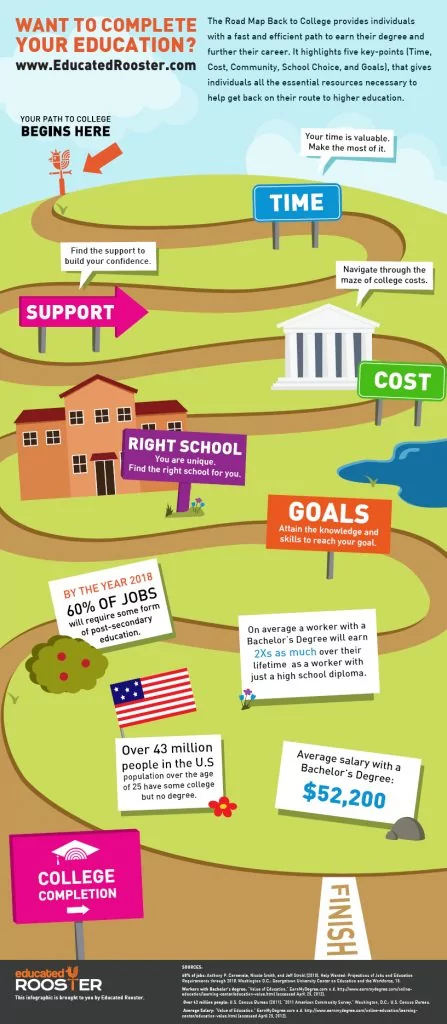
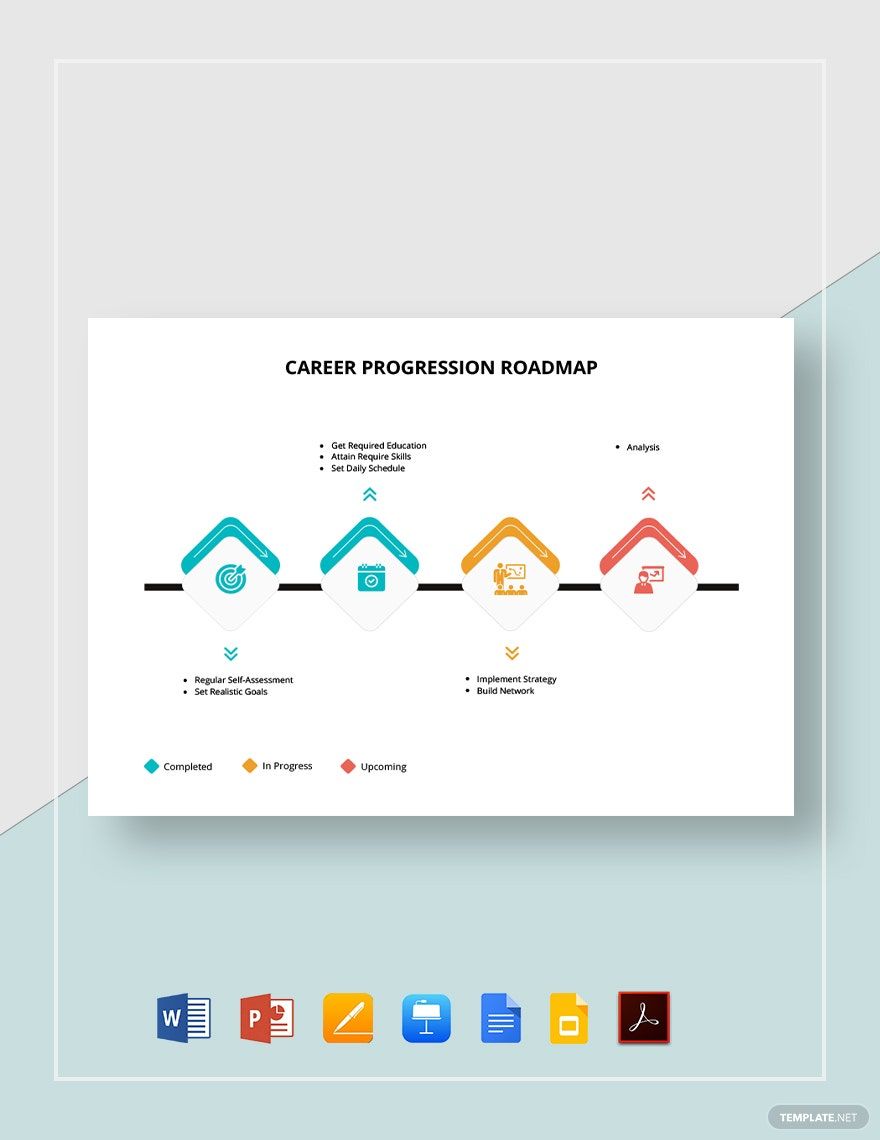


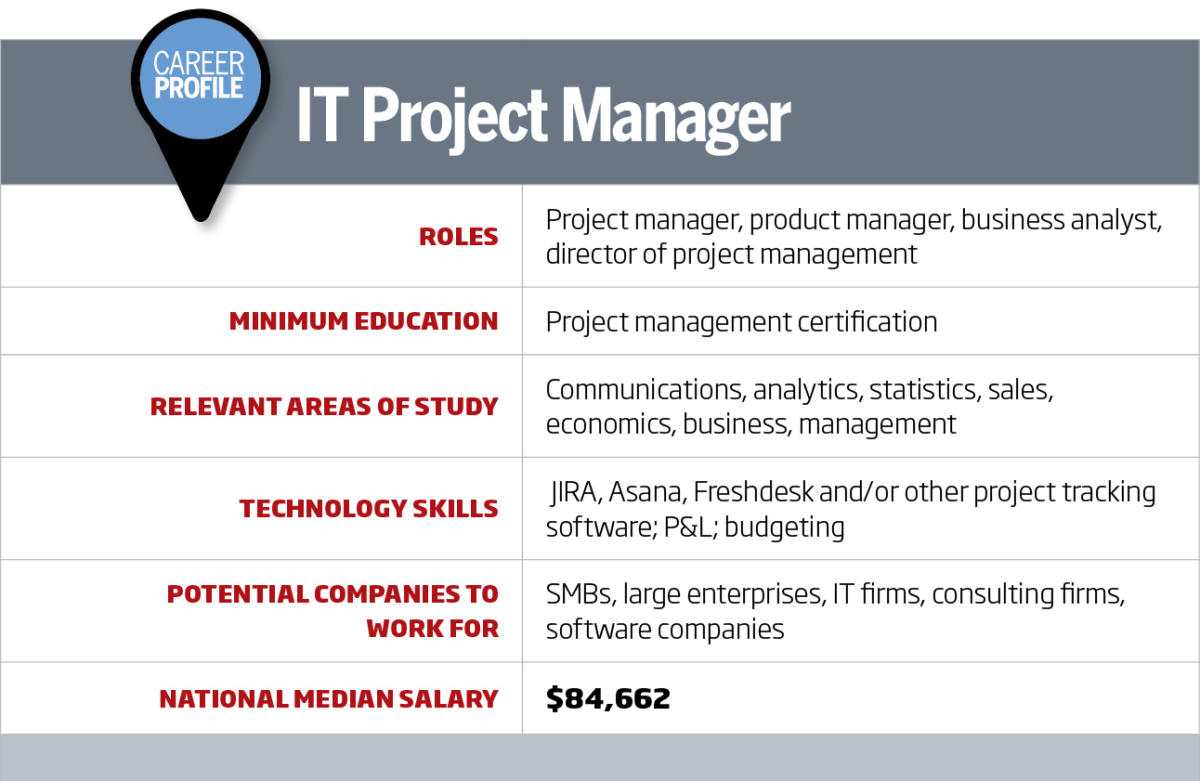
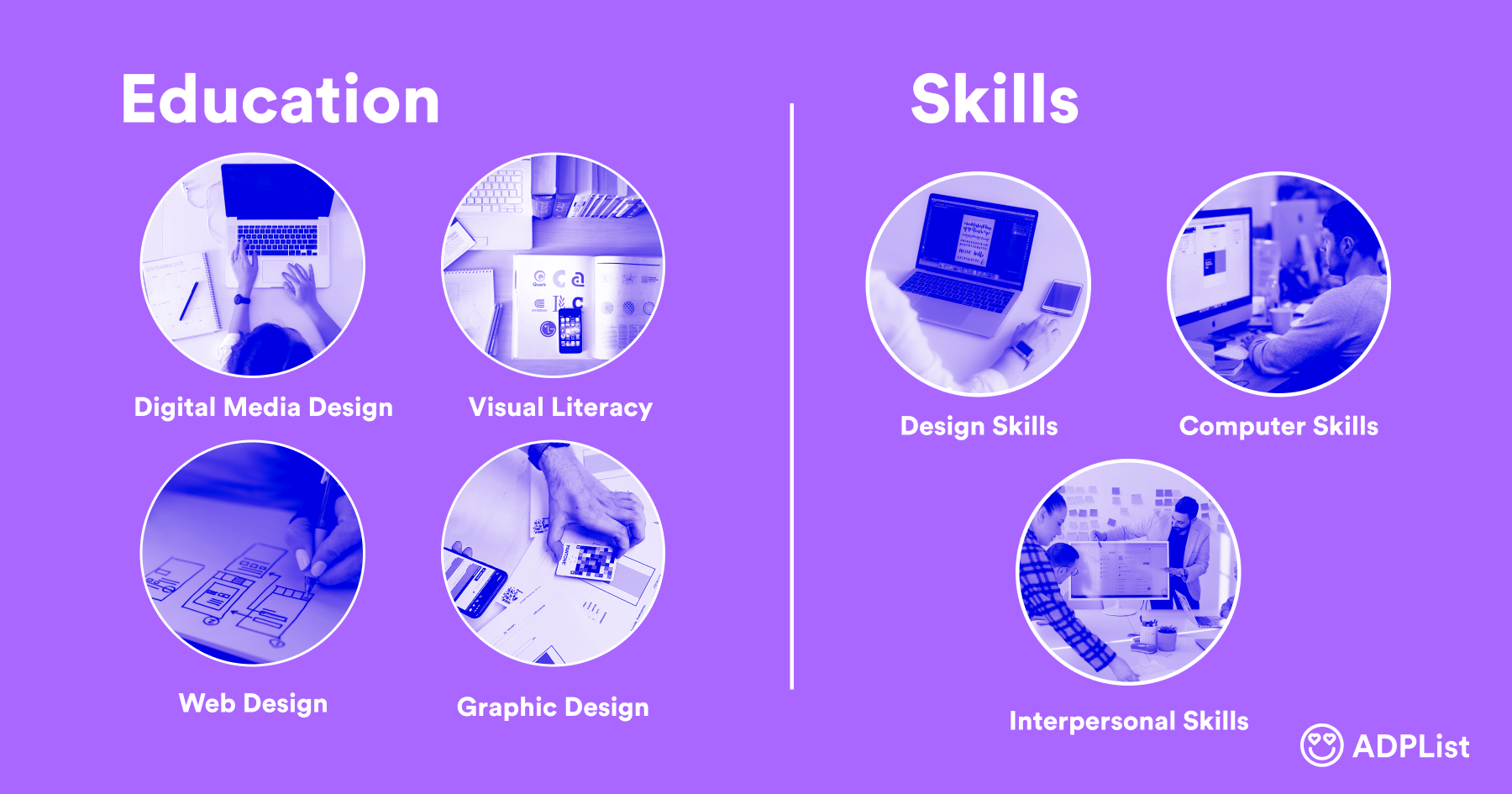
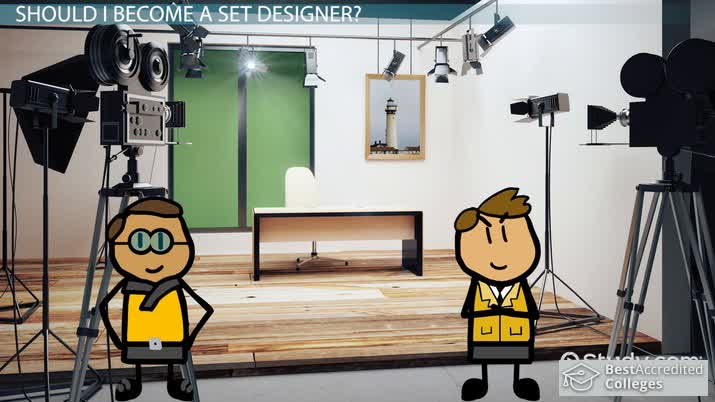


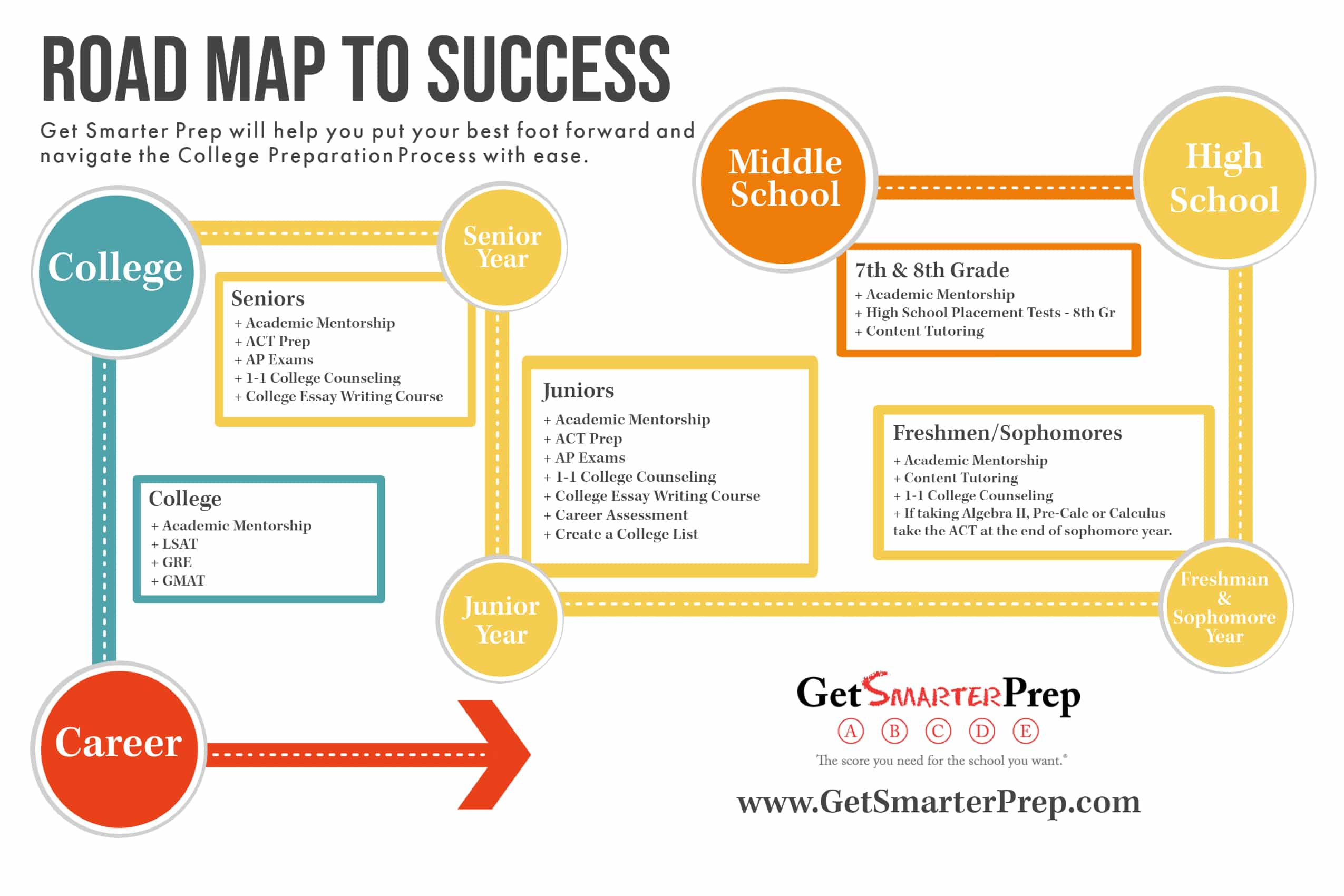

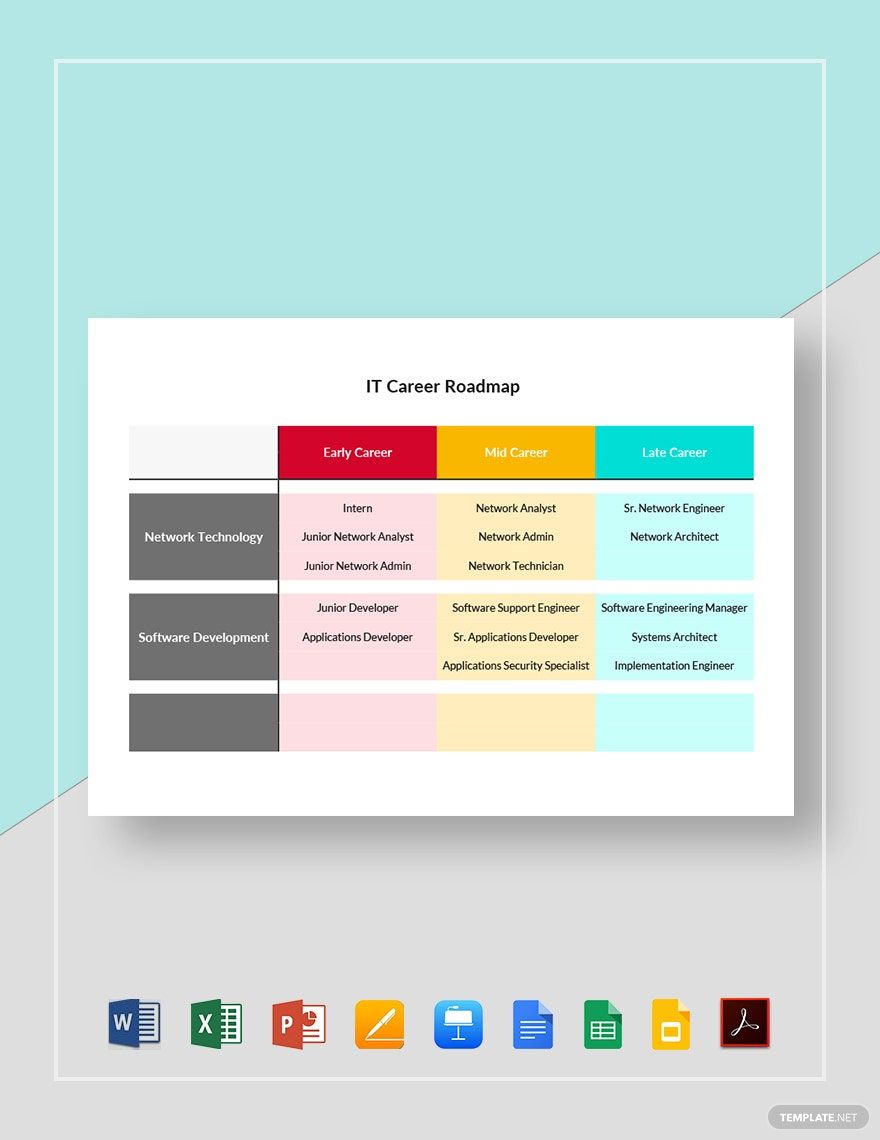


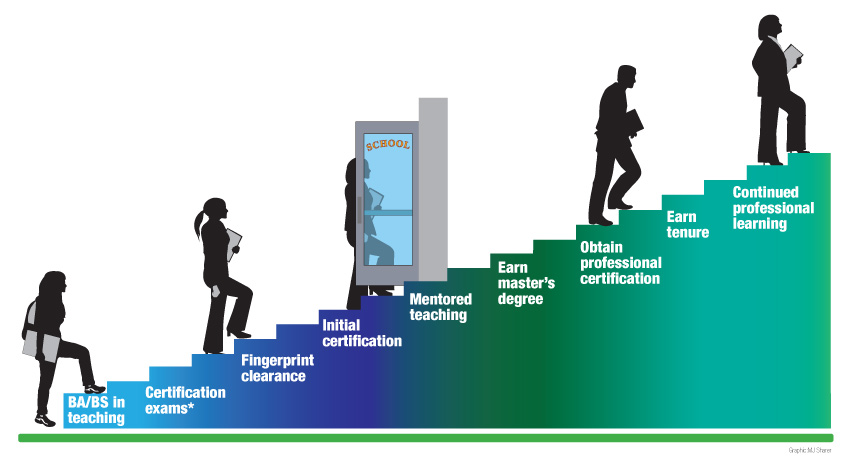





/how-to-install-a-sink-drain-2718789-hero-24e898006ed94c9593a2a268b57989a3.jpg)
